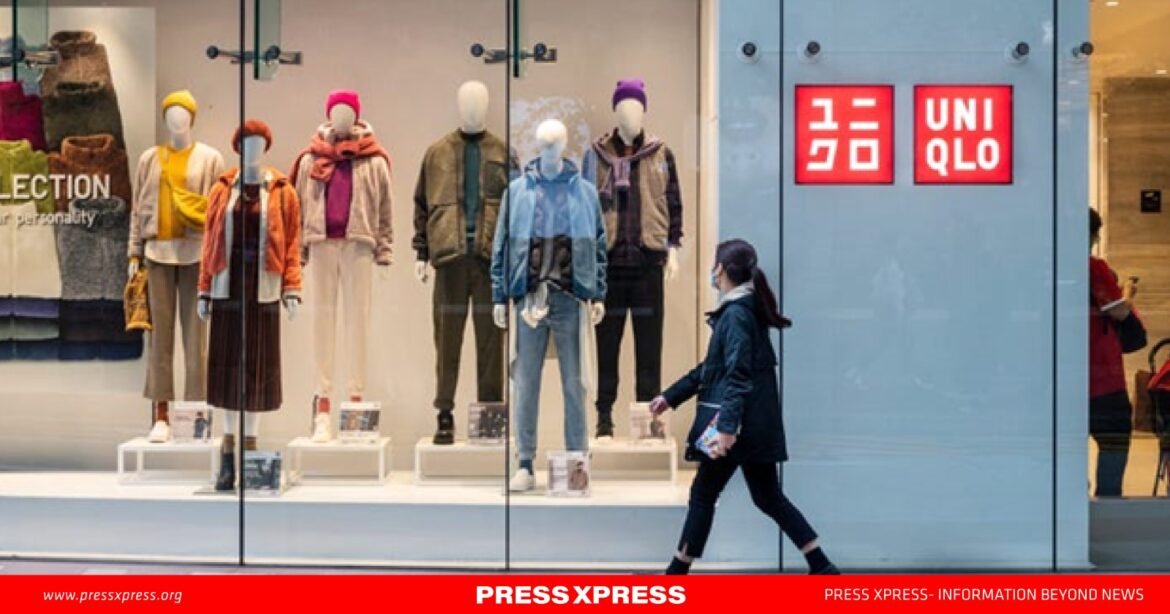The growing geopolitical rivalry between the United States and China is creating unprecedented challenges for multinational corporations (MNCs). Brands like Uniqlo, which rely heavily on China’s manufacturing strength and consumer market, are finding themselves at the center of this economic tug-of-war.
Tadashi Yanai, CEO of Uniqlo’s parent company Fast Retailing, recently stated that the company does not use cotton from China’s Xinjiang region, a claim aimed at addressing Western scrutiny over alleged human rights abuses. However, the statement has sparked backlash from Chinese consumers, illustrating the precarious balance global businesses must maintain between satisfying Western regulators and retaining access to China’s massive market.
The Pillars of Chinese Dominance
China’s critical role in the global supply chain is undeniable. Uniqlo, for instance, sources from 211 manufacturing facilities in China—more than half of its global network. Additionally, 75 of its 155 textile mills are based in the country, underscoring China’s dominance in the brand’s production ecosystem.
Beyond manufacturing, China is a vital market for Uniqlo, contributing ¥677 billion ($4.5 billion) in revenue in 2024, or nearly 22% of the company’s total sales. For most MNCs, China offers a dual advantage: unmatched supply chain integration and an expansive consumer base. Replacing China as a production hub is not only costly but also logistically daunting, even as companies pursue “China+1” strategies by expanding operations in countries like Vietnam and Bangladesh.
Uniqlo’s attempt to establish factories in Myanmar as part of this diversification failed due to political instability, leading to significant financial losses. These setbacks highlight the difficulty of finding viable alternatives to China’s manufacturing capabilities.
Western Pressure Escalates
Simultaneously, Western governments, led by the United States, are increasing scrutiny on supply chains linked to regions like Xinjiang. Legislation such as the Uyghur Forced Labor Prevention Act imposes penalties on companies that fail to prove their products are free of links to alleged forced labor.
For MNCs, this creates a dilemma. Denying the use of Xinjiang cotton, as Uniqlo has done, risks alienating Chinese consumers and triggering boycotts, while acknowledging its use invites sanctions and reputational damage in Western markets. On Chinese social media platforms like Weibo, reactions to Uniqlo’s statement have been mixed, with calls for boycotts alongside pragmatic voices emphasizing the importance of foreign companies to local economies.
China’s Expanding Global Influence
China’s growing presence in global trade extends beyond manufacturing. The country has evolved from a supplier of low-cost goods to an exporter of advanced products such as electric vehicles (EVs) and high-tech equipment. Since 2000, the euro area’s share of the global export market has declined by 11 percentage points, while China’s has steadily increased.

This shift has been accompanied by rising price competitiveness. Between 2021 and 2023, Chinese goods became significantly cheaper relative to European products, driven by domestic subsidies, falling energy costs, and a slowdown in the real estate sector that reduced raw material prices. Steel and cement export prices, for instance, have dropped by more than 50% since 2022.

At the same time, European manufacturers face rising costs due to energy shocks following Russia’s invasion of Ukraine. High-energy-intensive sectors like chemicals and automotive manufacturing have been particularly hard-hit, losing market share to Chinese competitors.
Global Brands Face Tough Choices
For MNCs like Uniqlo, the stakes are high. China is not just a manufacturing powerhouse but also a key market driving growth. The country’s economic policies, including subsidies for advanced industries, are expected to intensify competition in sectors like EVs and renewable energy.
China is also investing heavily in export infrastructure, with shipping capacity for goods like cars projected to expand significantly by 2026. This will likely increase competition in global markets, particularly in regions where Chinese goods already have a strong foothold.
The Road Ahead
For MNCs, navigating the dual pressures of geopolitical rivalry and market competition requires strategic foresight. Diversifying supply chains, investing in sustainable technologies, and strengthening ties with alternative markets are crucial steps.
Meanwhile, policymakers face the challenge of fostering a fair trade environment without alienating key players in the global economy. As global competition intensifies, the need for balanced and collaborative economic strategies has never been more urgent.


